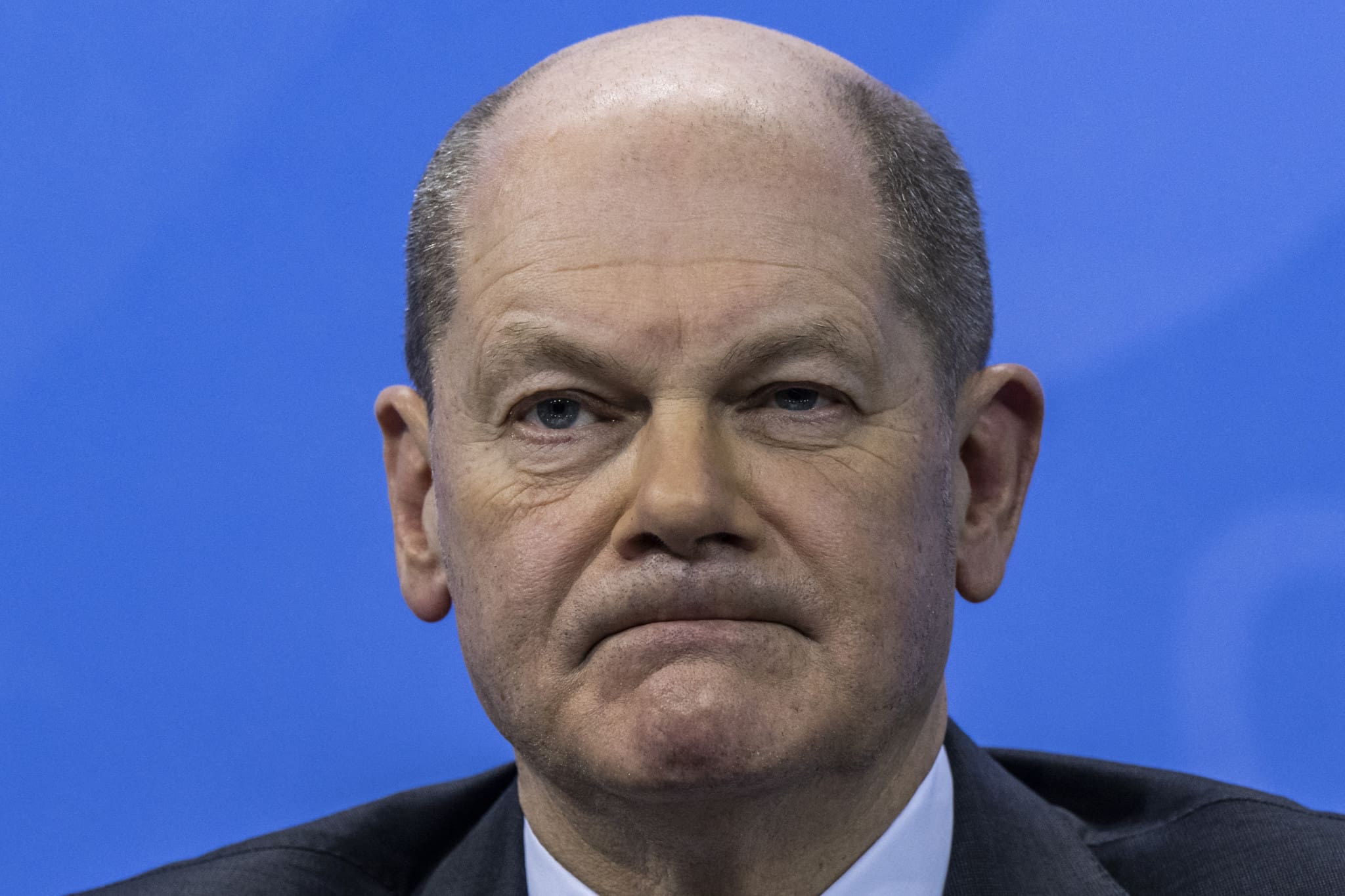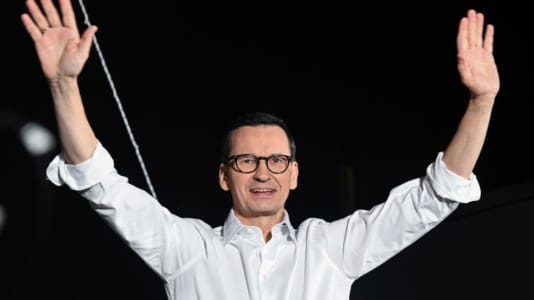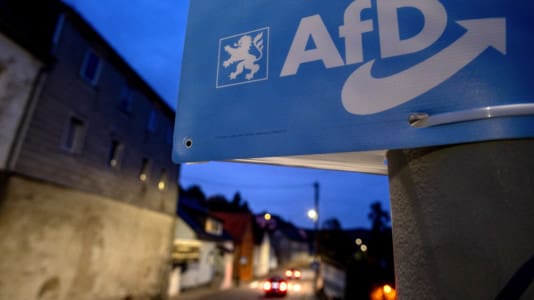A majority of Germans want early elections to the Bundestag, the lower house of parliament, according to a poll published on Tuesday. The poll also shows the radically pro-migration government is facing serious pushback on the issue of migration, with Germans naming it the most important issue driving their dissatisfaction with the government.
According to figures published in Bild newspaper, 57 percent of German voters support the idea of early elections, and just under a third, 31 percent, believe that the coalition government of the Social Democrats (SPD), Greens and Liberals (FDP) should remain in office until the planned end of the legislative term in autumn 2025.
A breakdown of the data by party shows that all opposition parties and the FDP are in favor of early elections, with 53 percent of liberal voters saying that it would be best to end the history of the first SPD-Greens-FDP government and hold new elections.
[pp id=94999]
The polling institute INSA looked at five areas of government policy. It showed that voters are most dissatisfied with the work on migration and asylum, with 59 percent calling for a change of direction. In the run-up to the election, Remix News reported the results of a landmark poll showing that the vast majority of Germans wanted fewer migrants and saw more disadvantages to mass immigration than advantages.
Dissatisfaction is also widespread regarding housing policy, with 52 percent saying the government is not doing enough. The poll additionally shows that 49 percent are dissatisfied with government efforts in the areas of energy, pensions, and social policy, and 41 percent want a different policy on climate change.
The poll was conducted on Monday, a day after the legislative elections in Bavaria and Hesse, where all three governing parties performed worse than in the previous elections in 2018. The FDP was eliminated from the Landtag in Bavaria and finished just below the threshold of 5 percent in Hesse. The election outcome has been seen as a disaster by the ruling left-wing coalition and a boost for the Alternative for Germany (AfD), which saw its vote totals soar higher in both states.






